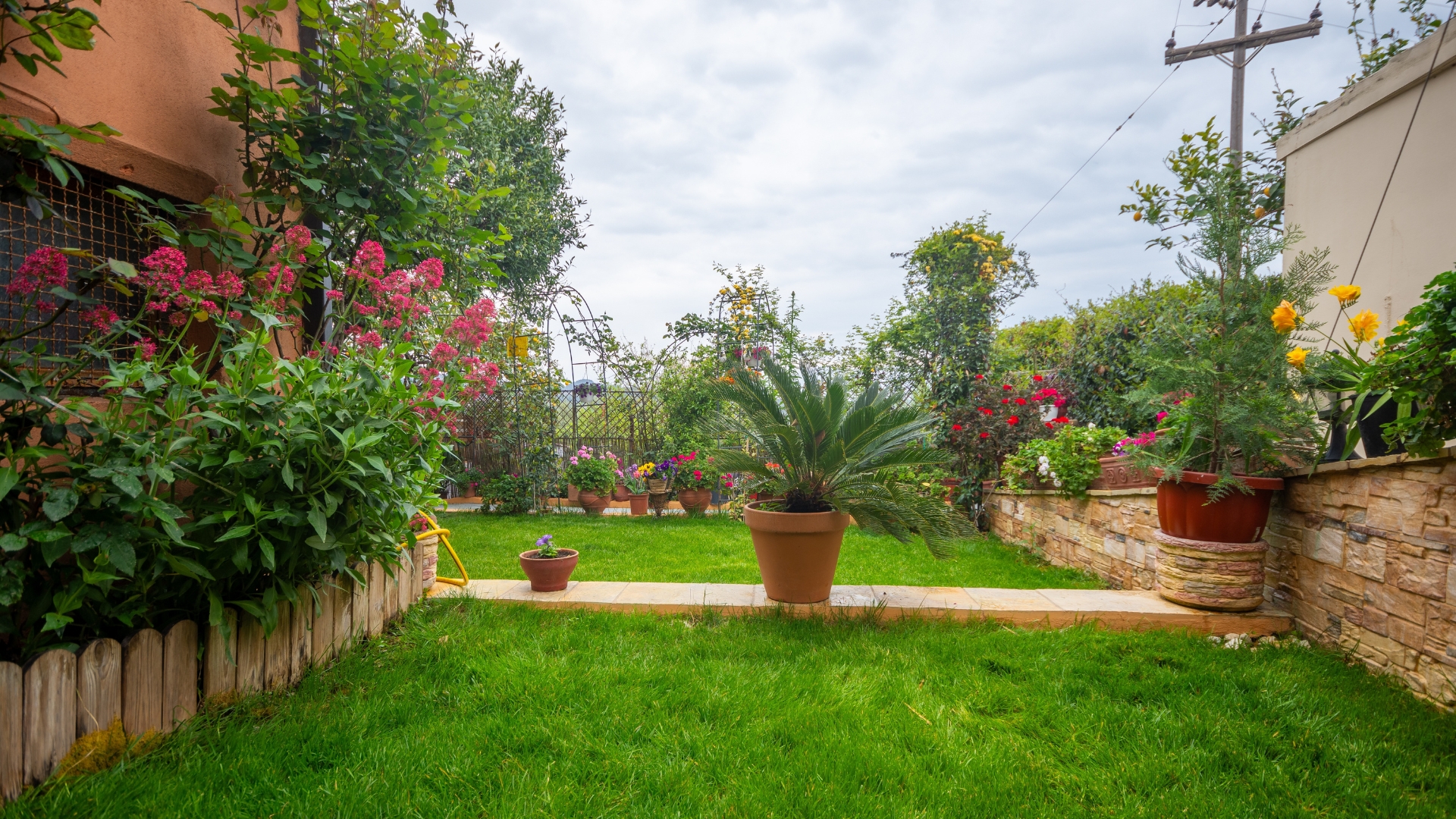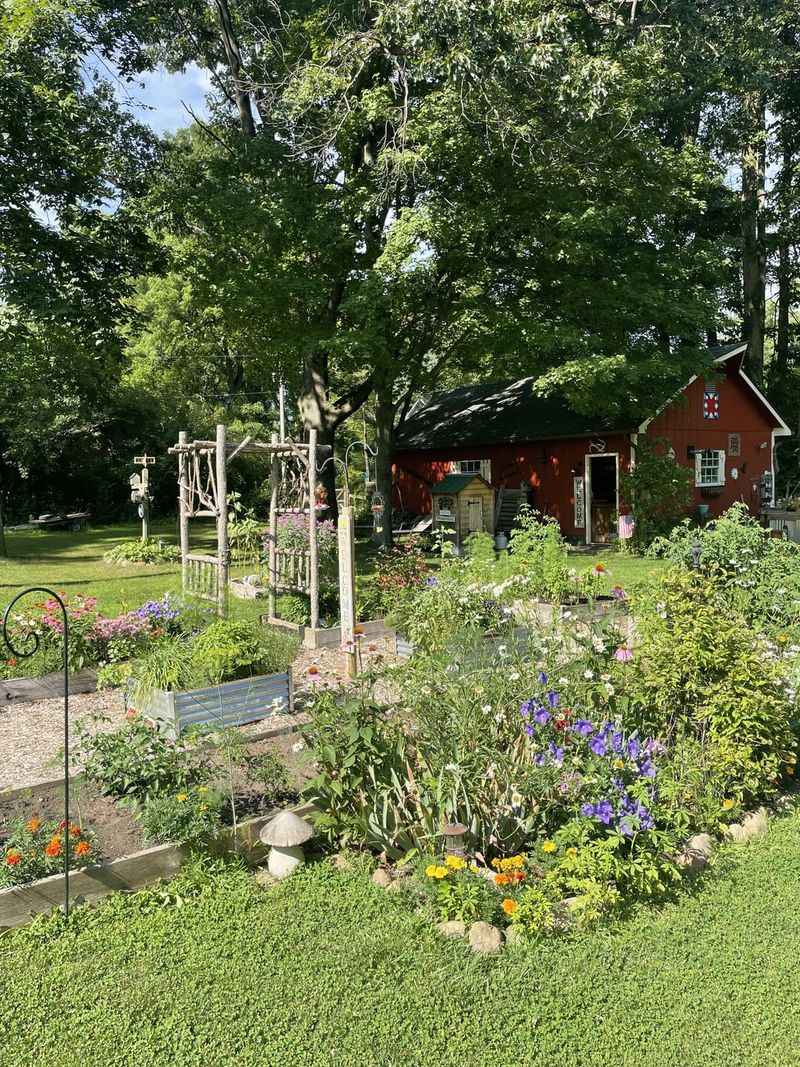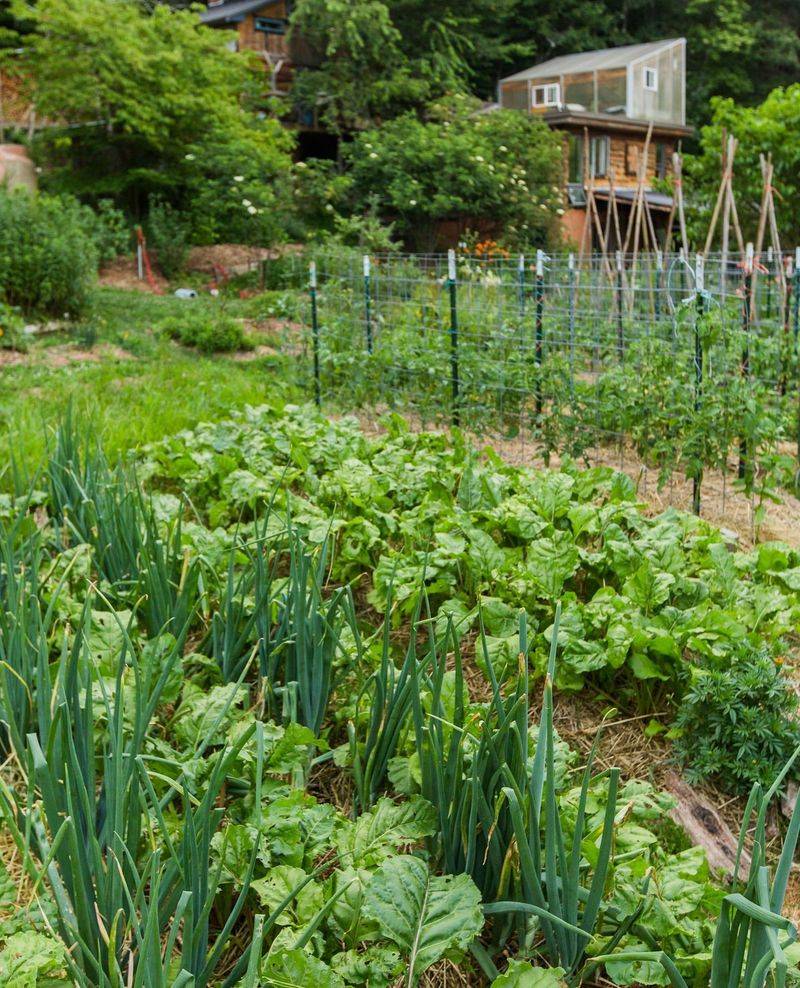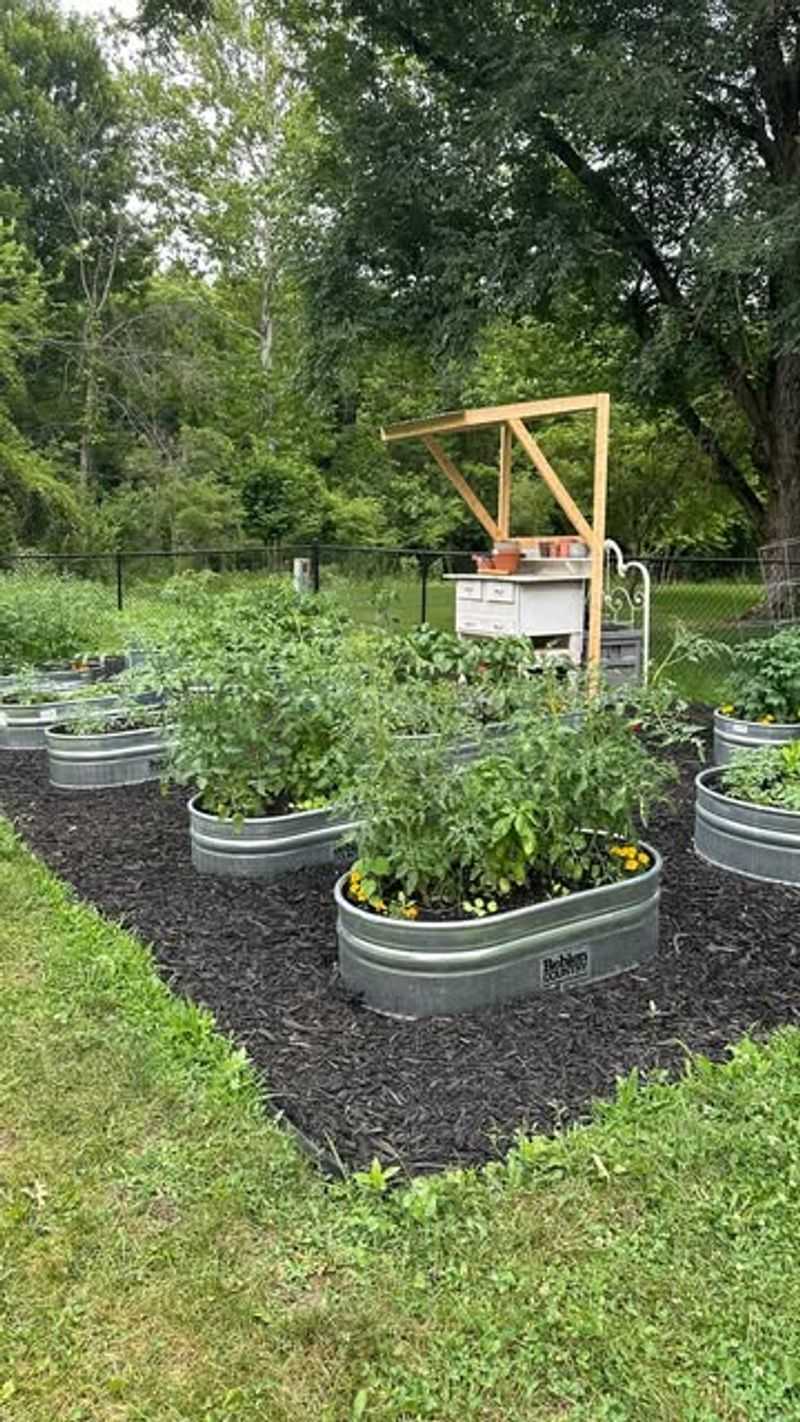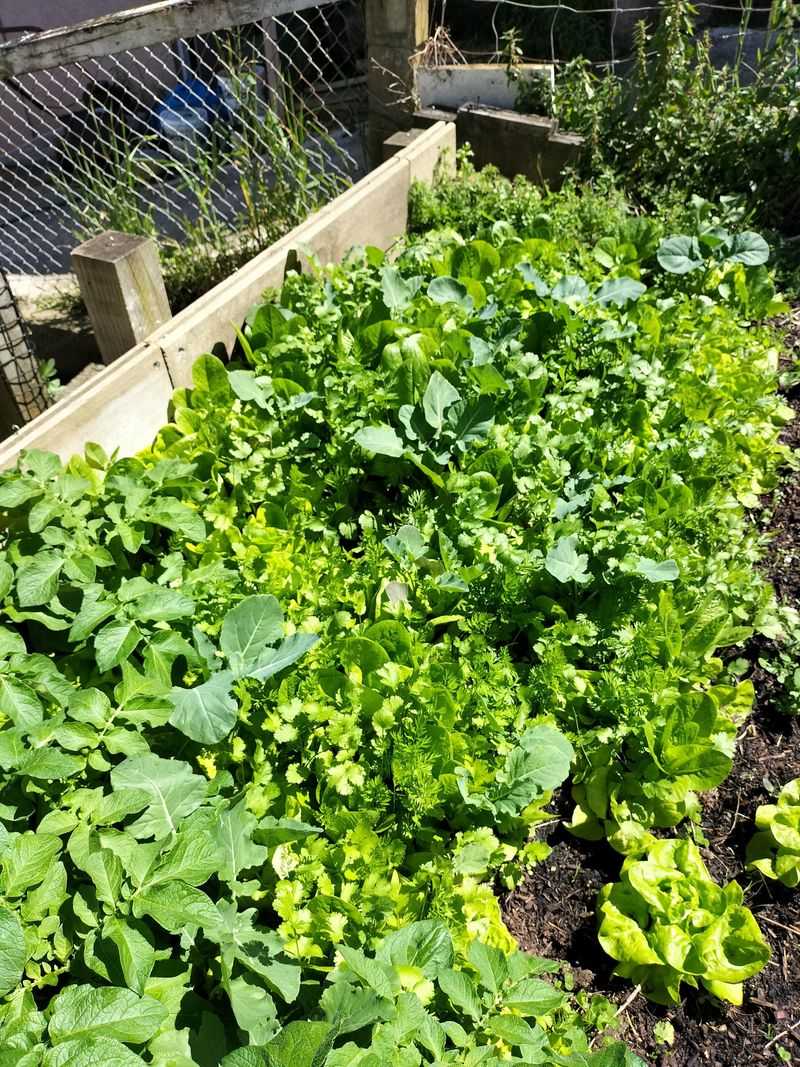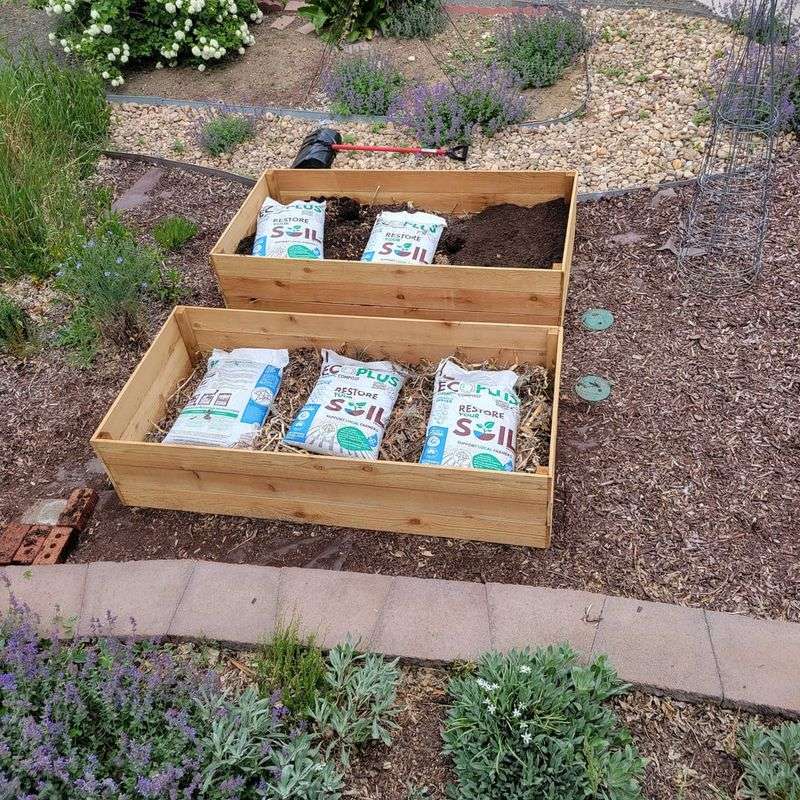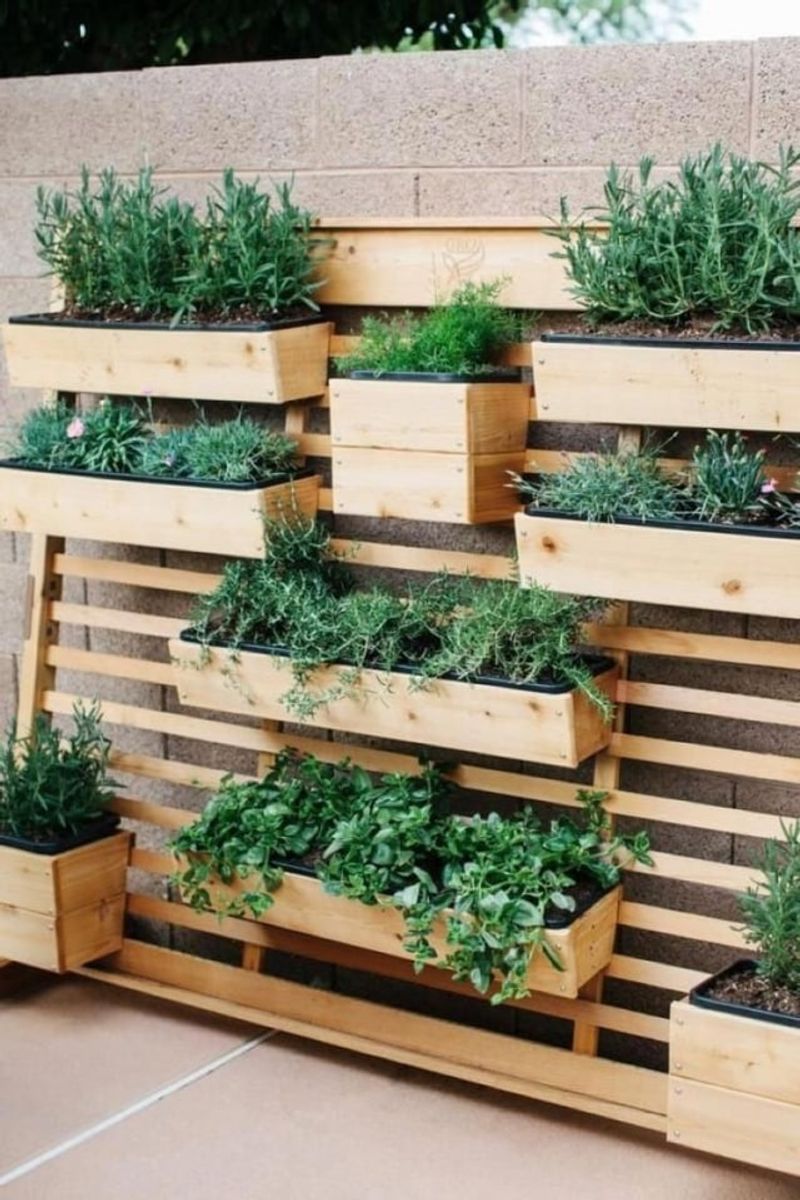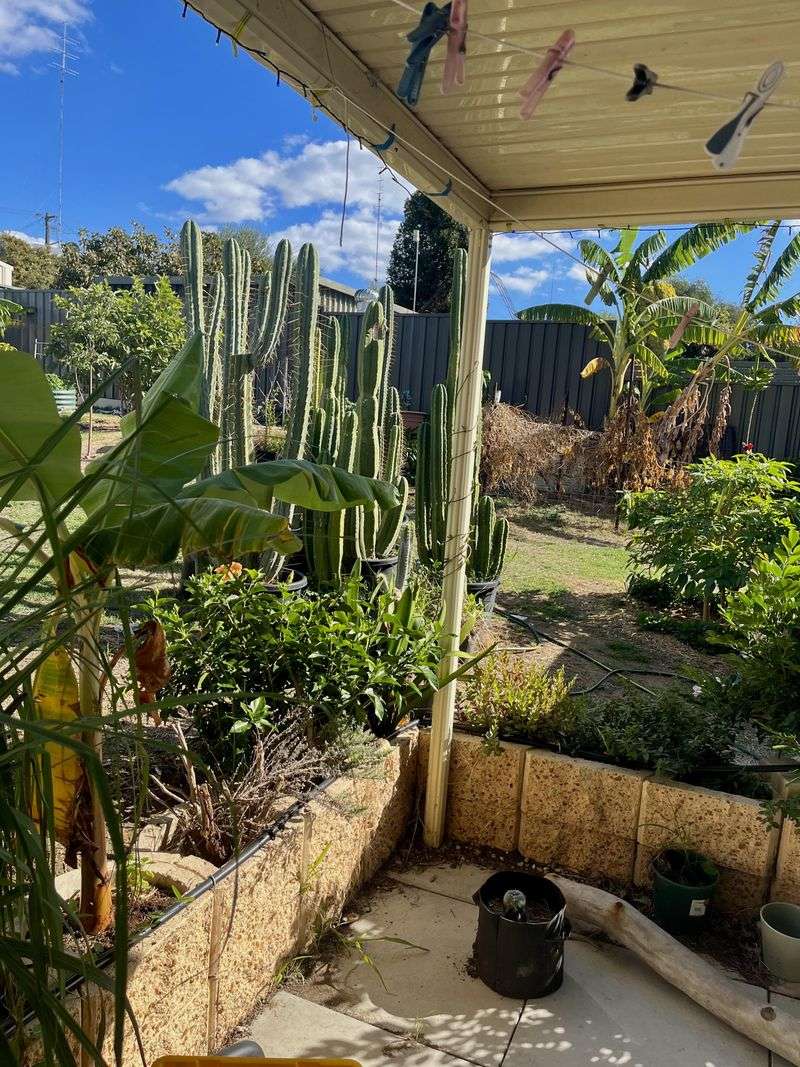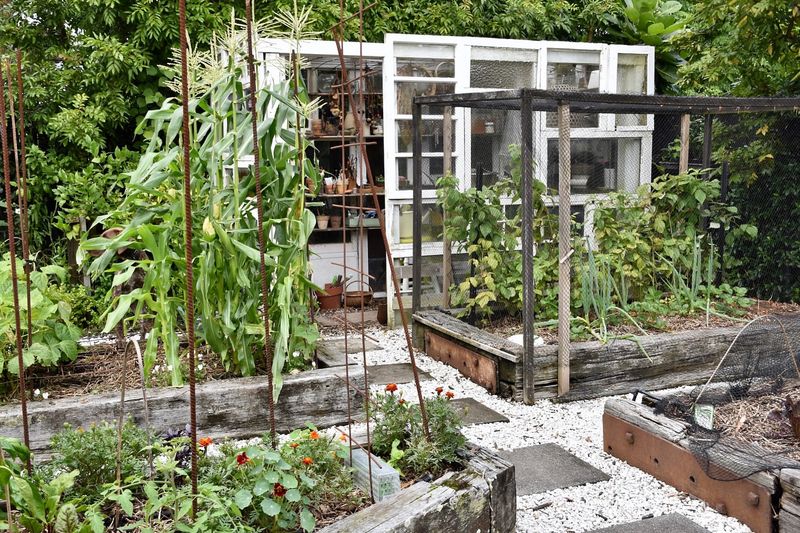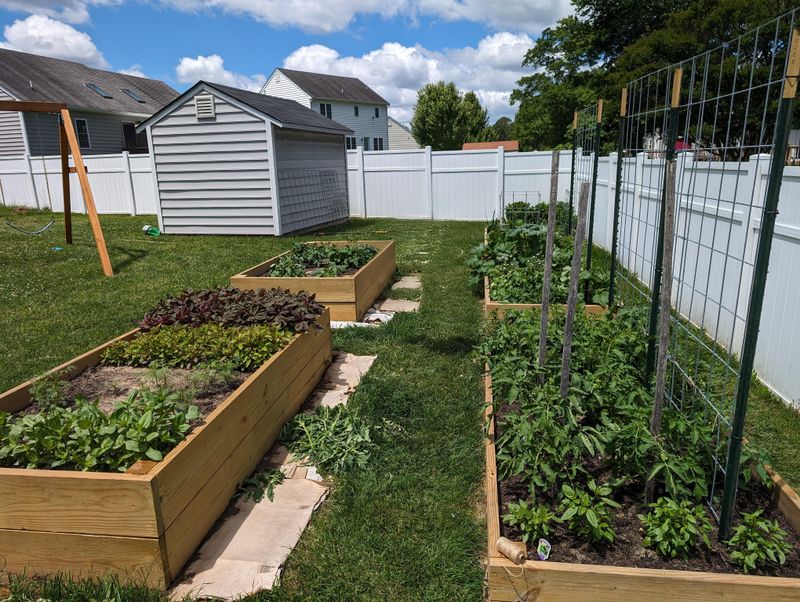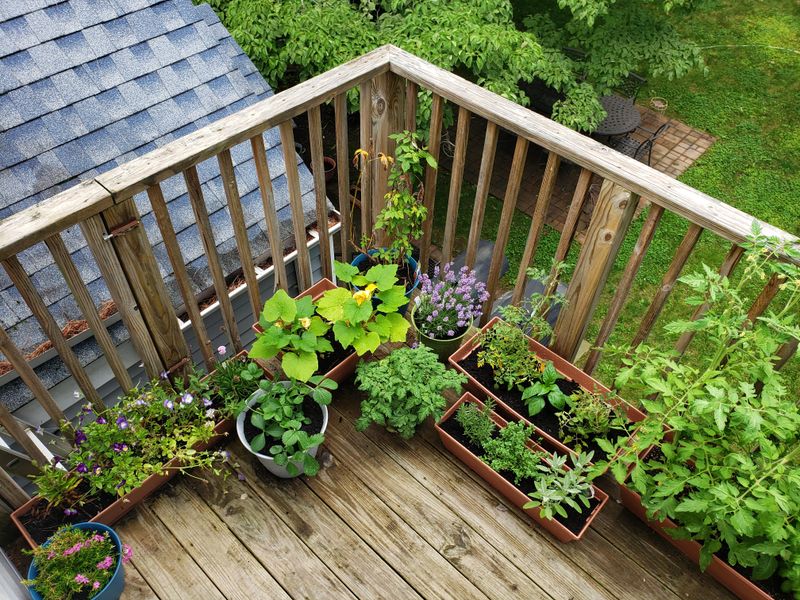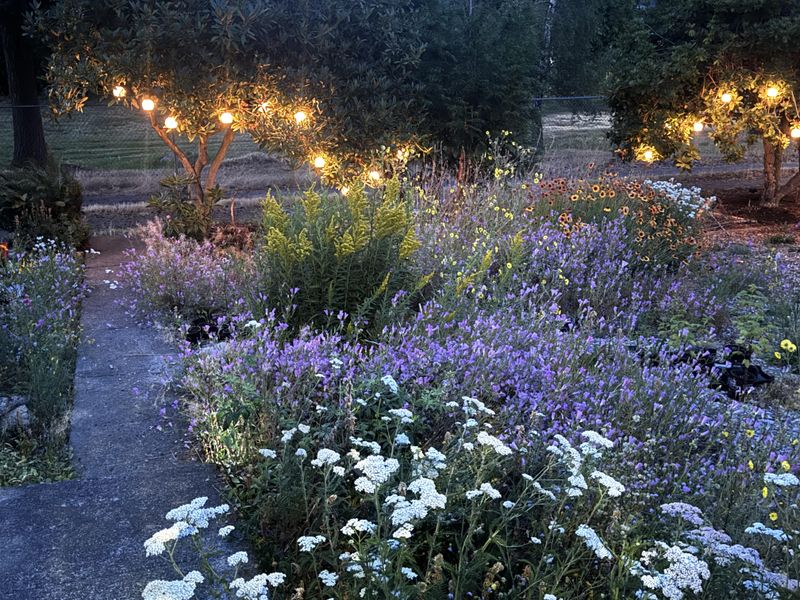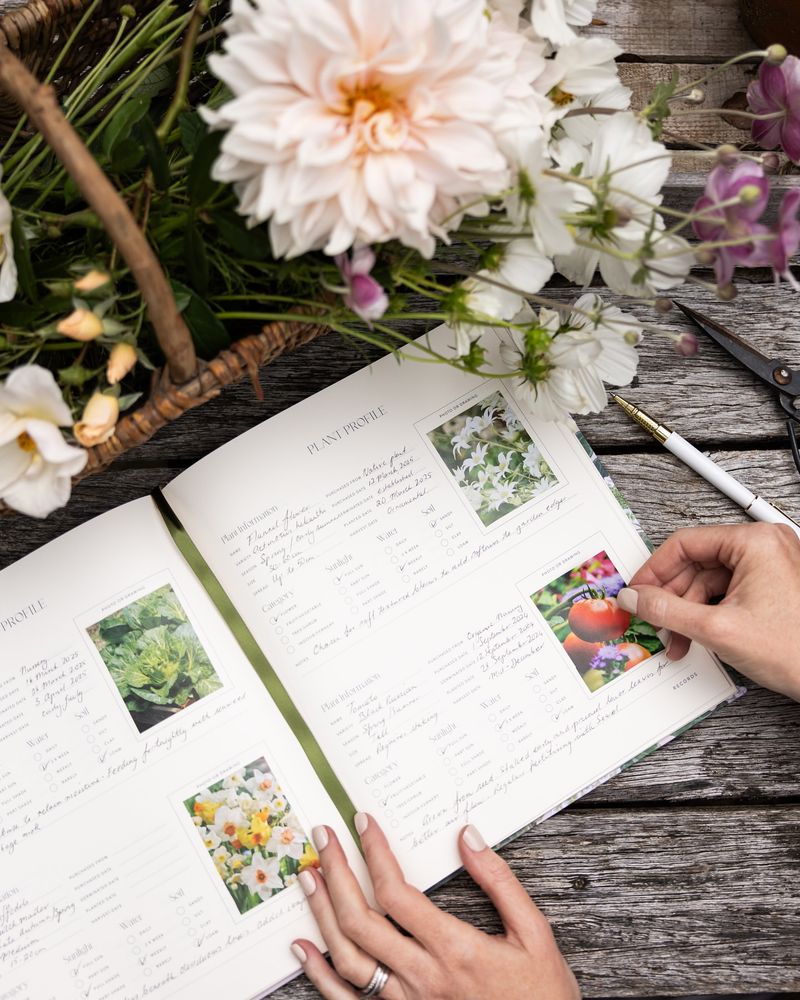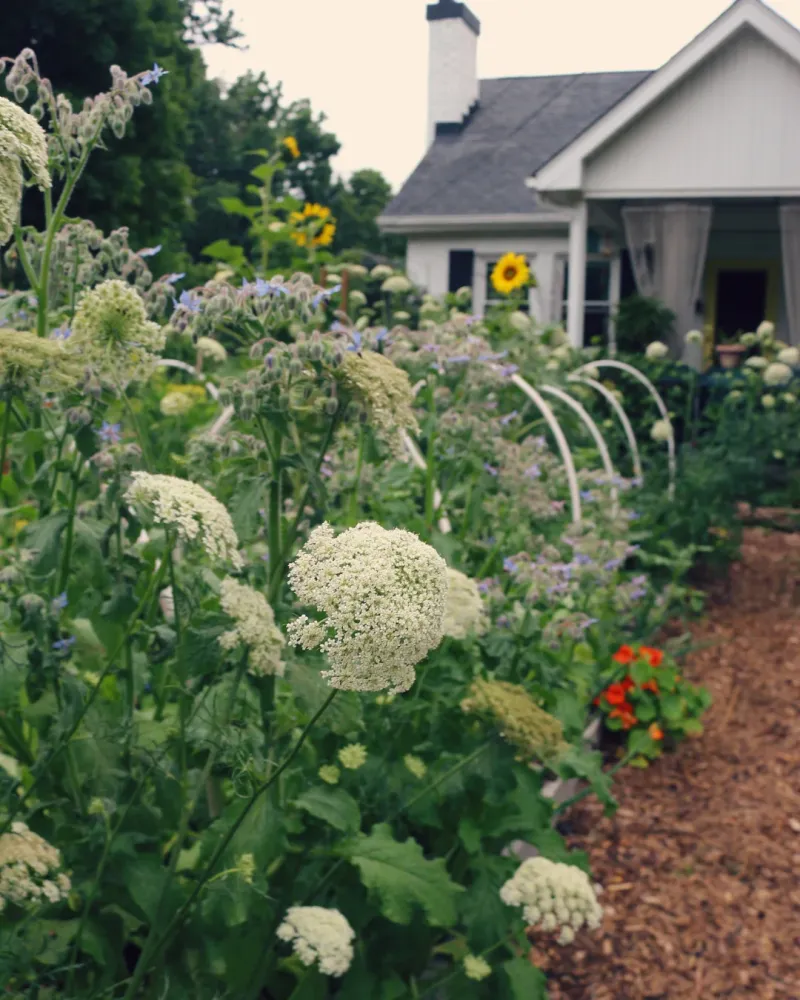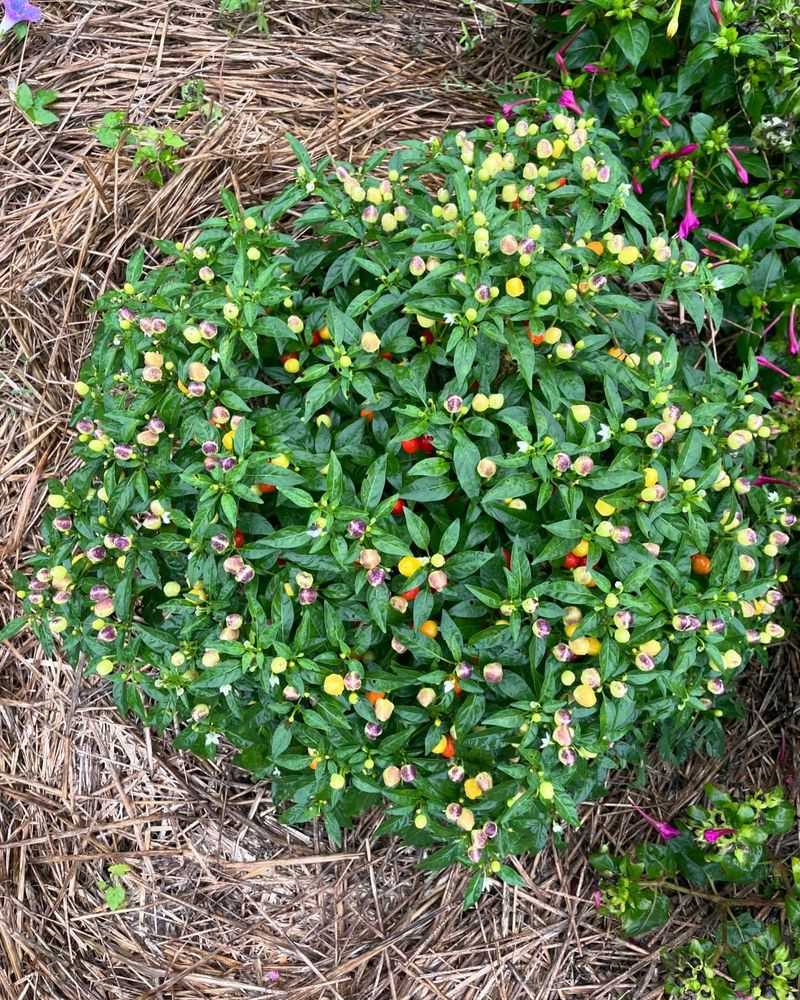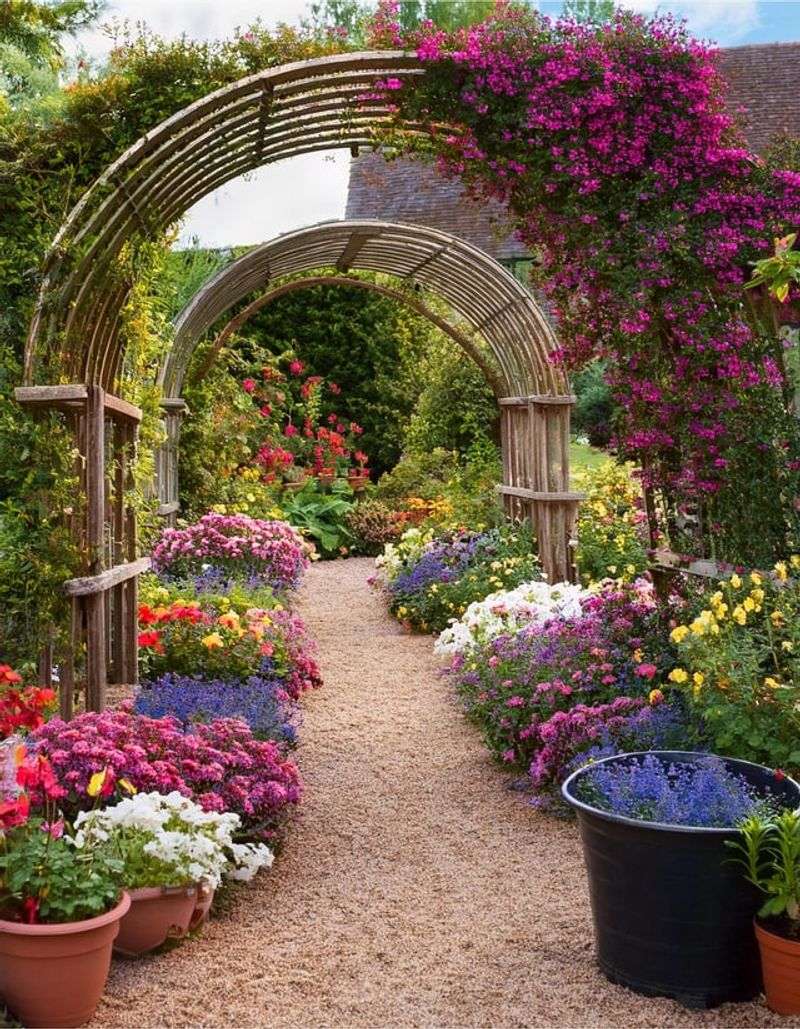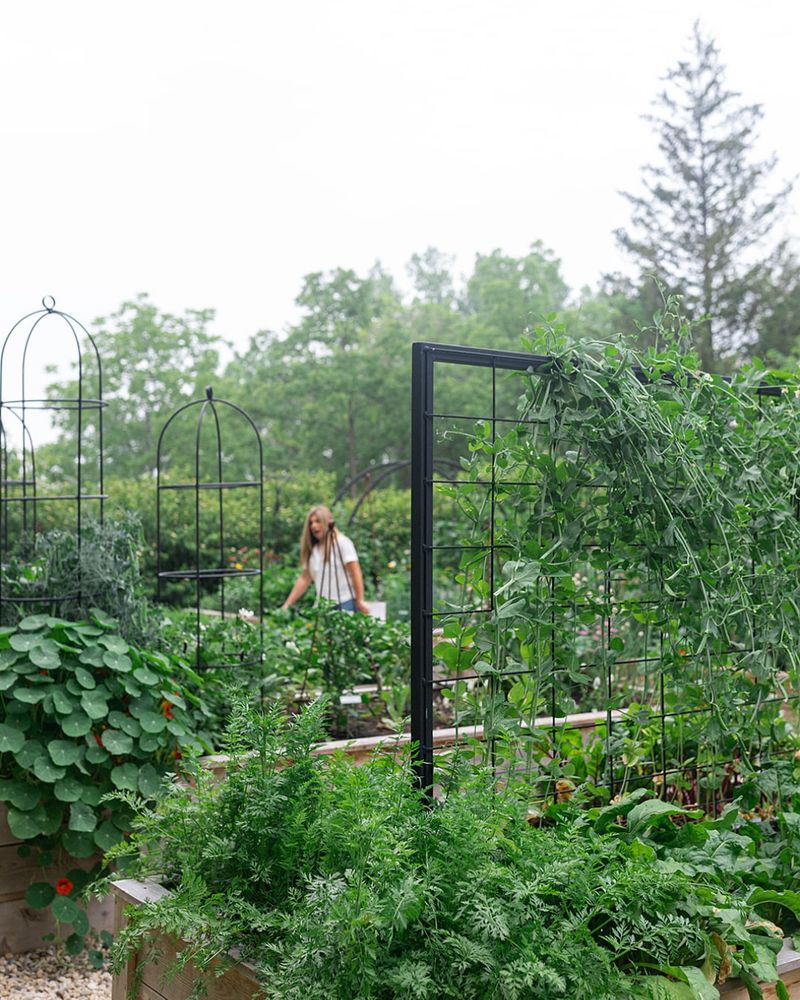Joanna Gaines made one simple change in her garden, and the results were more surprising than expected. Her experiment led to some fresh insights that go beyond pretty plants and perfect rows.
I went through it all and pulled out the 16 most unexpected takeaways that might just shift how you garden too. Some are practical, some are personal—but all of them are worth a look.
If you’re curious about what worked (and what didn’t), this is for you.
1. Patience Pays Off
Gardens don’t transform overnight, no matter how much we wish they would. Joanna learned that rushing plants by overwatering or excessive fertilizing often backfires, causing weak growth or root burn.
Good things come to those who wait, especially in the garden. By letting nature work at its own pace, Joanna’s plants developed stronger root systems and better resilience against pests and weather challenges.
2. Companion Planting Magic
Rather than fighting nature, Joanna discovered the power of working with it. Certain plant combinations naturally help each other thrive – like how basil improves tomato flavor or marigolds repel harmful insects from vegetable beds.
This natural partnership approach reduced her need for chemical interventions. The garden became a self-regulating ecosystem where beneficial insects arrived to handle pest problems, creating balance without constant human interference.
3. Morning Garden Rituals
Starting each day in the garden became Joanna’s secret weapon against stress. The quiet morning hours offered perfect temperatures for both gardener and plants, while providing mental clarity before the day’s chaos began.
This simple ritual transformed garden maintenance from a chore into therapy. Tasks like watering and weeding became meditative moments that grounded her day, proving that sometimes the most productive thing you can do is pause and connect with nature.
4. Embracing Imperfection
Gardens taught Joanna that perfection is overrated. The slightly crooked rows, volunteer plants that appeared unexpectedly, and the occasional nibbled leaf all added character rather than detracting from beauty.
These “flaws” often became unexpected highlights. A sunflower that planted itself became the garden’s tallest showstopper, while asymmetrical beds created more interesting visual flow than perfectly straight ones ever could.
5. Soil Investment
Before splurging on fancy plants, Joanna discovered the game-changing power of investing in soil quality. Rich, well-balanced soil solved most problems before they started, from nutrient deficiencies to poor drainage issues.
Homemade compost became her garden’s secret weapon. Kitchen scraps and yard waste transformed into black gold that nourished plants from the roots up, proving that the foundation matters more than what’s immediately visible.
6. Vertical Thinking
When horizontal space became limited, Joanna looked up! Trellises, wall planters, and hanging baskets multiplied her growing area without expanding the garden’s footprint.
This three-dimensional approach created stunning visual interest while solving practical problems. Climbing plants like cucumbers and beans produced more when grown vertically, stayed cleaner, and were easier to harvest than when left sprawling on the ground.
7. Microclimates Matter
Every garden contains multiple mini-environments. Joanna noticed that areas just a few feet apart could have dramatically different growing conditions based on sun exposure, wind patterns, and proximity to structures.
Mapping these microclimates revolutionized her plant placement strategy. Tender herbs thrived against sun-warmed walls, while shade-lovers flourished under tree canopies. Understanding these natural variations turned problem spots into perfect homes for the right plants.
8. Seasonal Wisdom
Fighting against seasons proved futile. Joanna learned to embrace each season’s unique gifts instead of trying to grow summer crops year-round.
Cool-season vegetables like kale and carrots actually tasted sweeter after light frost. By working with nature’s calendar rather than against it, her garden provided continuous harvests with less effort, teaching her that timing often matters more than technique.
9. Water Wisdom
Less frequent, deeper watering created stronger plants than daily sprinkles. Joanna’s garden thrived when she watered deeply once or twice weekly, encouraging roots to grow downward in search of moisture.
Collecting rainwater became both practical and rewarding. Simple rain barrels captured free, chemical-free water that plants seemed to prefer over tap water, while reducing water bills and environmental impact in one simple solution.
10. Family Involvement
Children became enthusiastic gardeners when given ownership of their own small plots. Joanna found that kids who grew vegetables were suddenly eager to eat them, solving mealtime battles in the most natural way.
The garden transformed into a living classroom where math, science, and patience were learned through hands-on experience. Family members who initially showed little interest became invested when given specific responsibilities that matched their interests.
11. Native Plant Power
Local wildflowers and native plants required almost no maintenance once established. Joanna was amazed at how these regional specialists thrived without the coddling that exotic varieties demanded.
Beyond easy care, these natives attracted beneficial insects and birds that brought the garden to life. Pollinators appeared in greater numbers, solving many pest problems naturally while creating a vibrant ecosystem that connected her garden to the wider natural world.
12. Garden Journal Revelations
Simple notes about planting dates, weather patterns, and harvest results became invaluable. Joanna’s garden journal revealed patterns she would have otherwise missed, from the perfect timing for tomato planting to which varieties performed best.
This record-keeping transformed gardening from guesswork to science. Successes could be repeated, while failures became learning opportunities rather than frustrations, creating a personalized growing guide more valuable than any generic gardening book.
13. Edible Landscaping
Beautiful gardens can feed both body and soul. Joanna integrated edibles like rainbow chard, purple basil, and scarlet runner beans into ornamental beds, creating stunning displays that happened to be edible.
This blended approach maximized space while challenging the notion that food gardens must be separate from decorative ones. Visitors were often surprised to discover that the gorgeous plants they admired were also providing dinner ingredients, proving functionality and beauty aren’t mutually exclusive.
14. Seed Saving Success
Collecting and saving seeds connected Joanna to gardening traditions of the past. Plants grown from seeds saved from her own garden became uniquely adapted to local conditions with each passing season.
The practice proved both economical and rewarding. Seeds from standout plants passed down desirable traits to future generations, while the process itself became a meditative end-of-season ritual that completed the growing cycle.
15. Unexpected Mentors
Neighboring gardeners, especially elderly ones, offered wisdom no book could provide. Joanna found that local knowledge about regional growing conditions proved more valuable than generic gardening advice from national sources.
These garden mentors shared time-tested techniques specific to her climate and soil. Through these connections, she not only improved her garden but also built community relationships that enriched her life beyond the garden gates.
16. Garden-to-Table Joy
Nothing compared to meals featuring just-picked produce. Joanna discovered that vegetables harvested minutes before cooking needed minimal preparation to shine, often requiring just a sprinkle of salt and a drizzle of good olive oil.
This direct connection between garden and table transformed family meals. Children eagerly participated in harvesting dinner ingredients, while guests marveled at simple dishes made extraordinary by the incomparable freshness only a backyard garden can provide.

